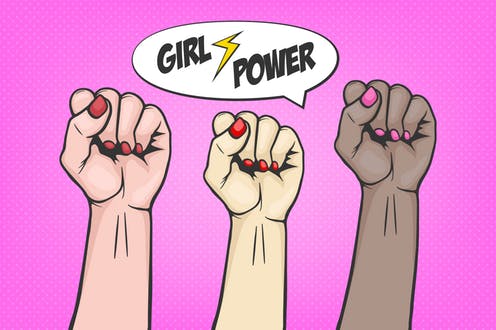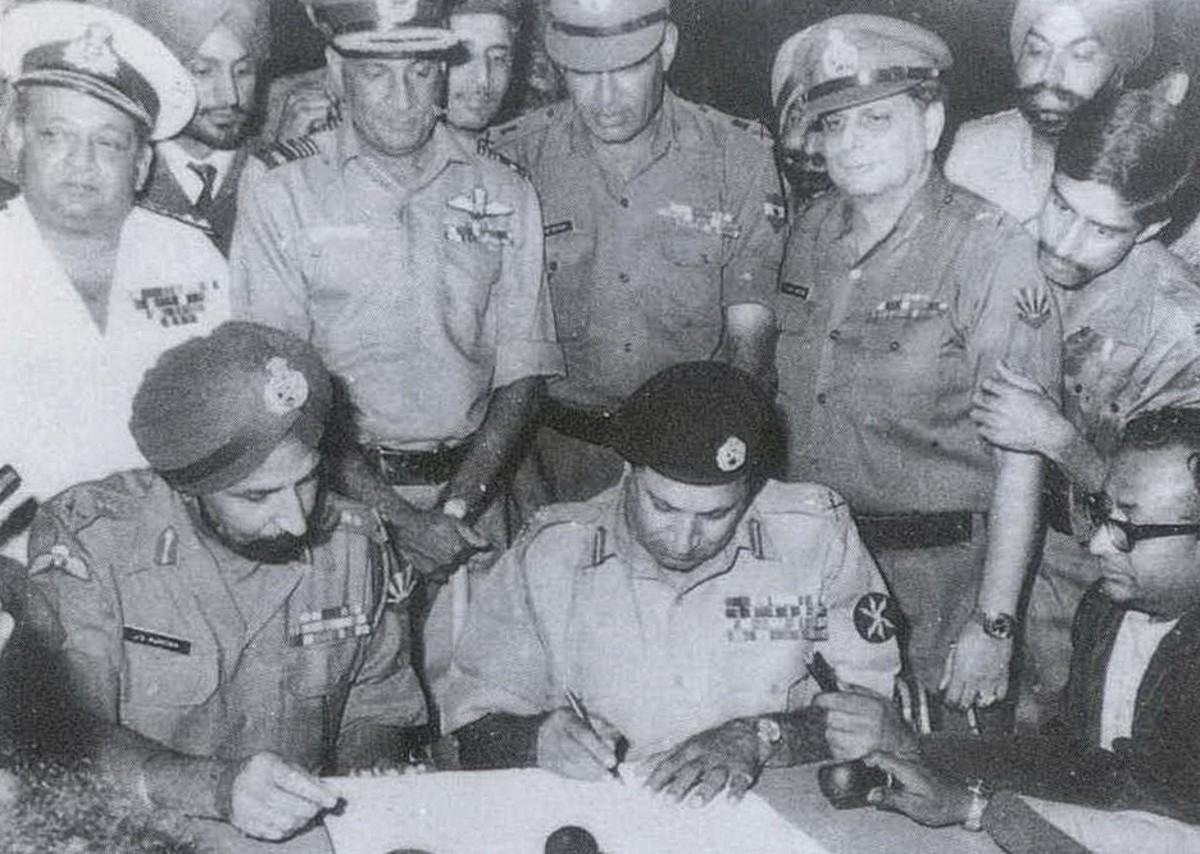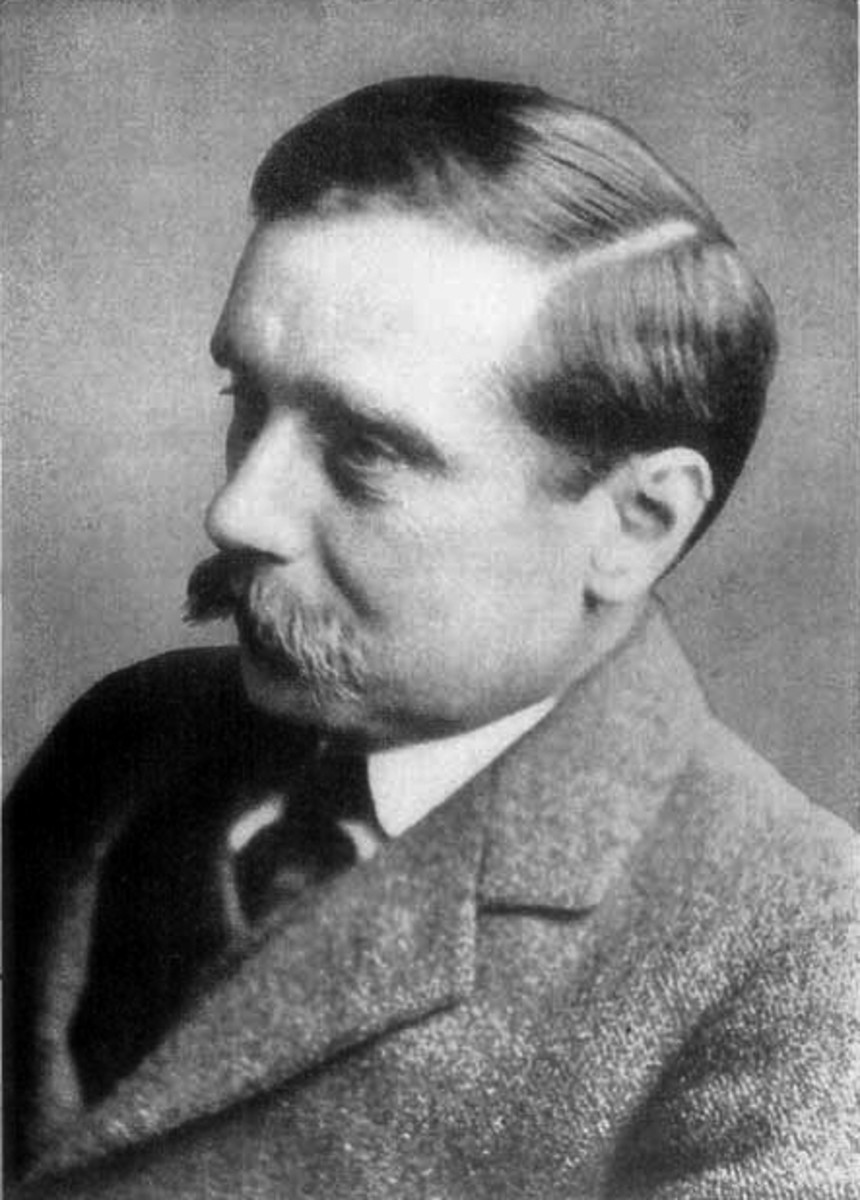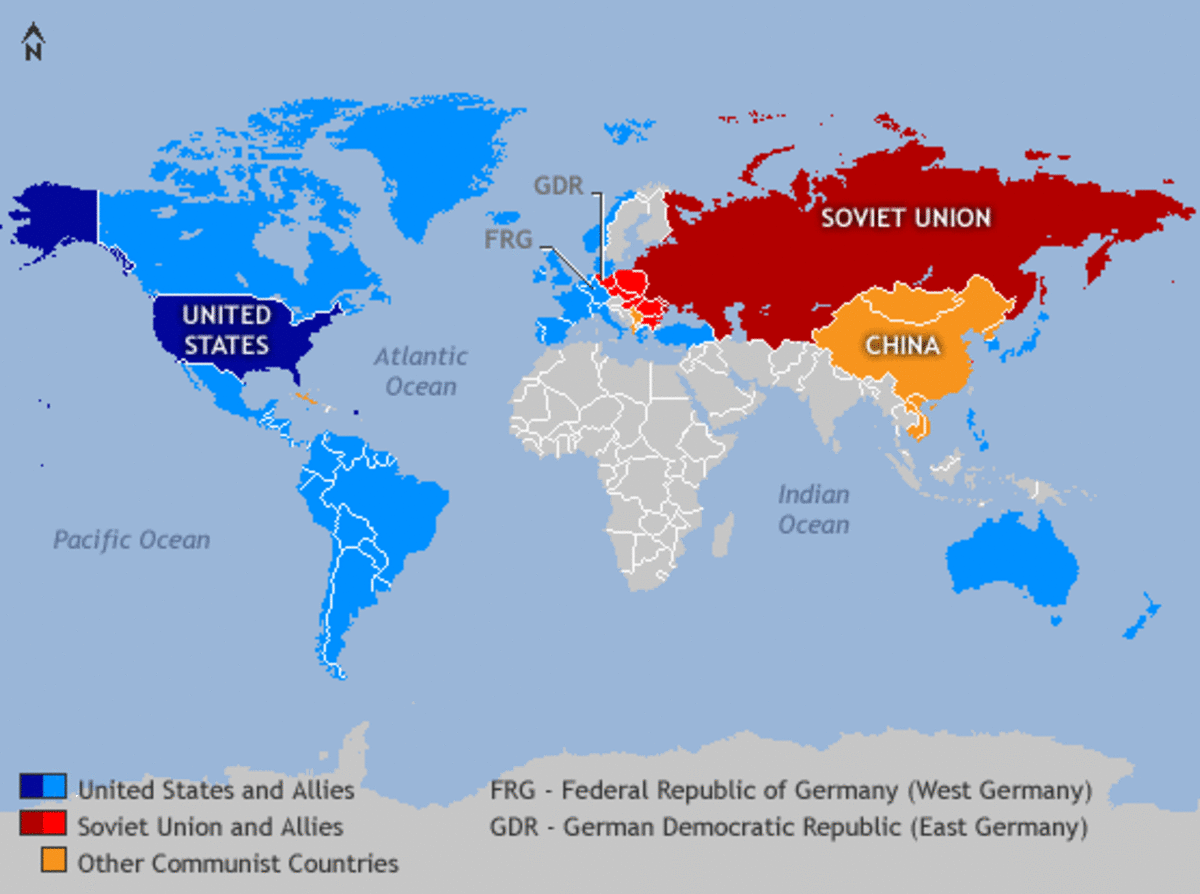Feminism and its Role in Pakistani Politics

Theory of Feminism
Feminism is a social movement that provided another lens for the political analysis of International Relations. Much similar to the theory of Marxism it divided the world into two groups but instead of classes, it was gendered. The movement mainly started to give women power and representation in the field of politics as well as society. It aimed for equality and shunned the patriarchal culture. Feminism was and still is a fight against the exploitation and oppression of women at home, workplaces and public places. It worked to bring awareness so that women would fight for their rights.
Feminism has progressed a lot over the years;
- In 16th and 17th century (socialist, Marxist feminism) was at its initial stages. It was a struggle for democratic and political rights for women.
- Around the 18th century (liberal, moderate, individual feminism) talked about women’s underrepresentation in institutions. This was an enlightenment period, many thinkers of this period talked about nature o women.
- From the 19th century onwards (radical feminism) it was talked about how politics are genderised and women are limited when it comes to holding any position of power.
Feminism argued about how women are not biologically inferior but it is the social system that made them seem so. Even if women did leave the house to take up the “manlier” duties, the male-dominated society and socio-cultural traditions will make them so helpless that they will be forced to think that they are inferior and can’t yield as much as men.
Role of Pakistani Women in Politics
Pakistan has always had an active role of women in the field of politics. This can be traced back to 1947 when Fatimah Jinnah, sister of the founder of Pakistan, Muhammad Ali Jinnah, played a vital role in the formation of Pakistan. She was a great inspiration for women who wish to pursue careers in politics.
Women’s rights are protected under the national legislation upon the assertion of the constitution of Pakistan. Article 25 under the chapter of fundamental rights of citizens highlights the principles of women’s equality in the Pakistani constitution. It very clearly guarantees equality before the law and equal protection, stating that there shall be no discrimination on the basis of sex. Article 32 and 34 also ensures and encourages women to participate in all spheres of national life.
Although Pakistan has a lot of laws that favour the theory of feminism, there are still political crimes carried out against women, however, these crimes affect women and men alike. A prominent example of a political crime against women was the assassination of Benazir Bhutto in 2007.
Benazir Bhutto was one of the most notable political figures in the history of Pakistan. Even after a decade of her death, her legacy is still alive. She was the first woman to rise to such high office in a country that only a few years earlier had passed a law to reduce the status of a woman’s testimony in court to half that of a man. She inspired millions around the world, not just by her ascent to power but also by her personality, political intellect and confidence to face even the toughest of the opponents. She had an unapologetic behaviour towards being a woman. She introduced the phrase “women can have it all” by becoming a mother while being the prime minister of Pakistan. She struggled to make her way in the male dominant society but did not give up. Most of her time in power, she spent it battling rivals, including at the time president. She was disrespected by opponents and faced several suicide attack attempts but her courage did not waiver. She once quoted:
“I have led an unusual life. I have buried a father killed at age 50 and two brothers killed in the prime of their lives. I raised my children as a single mother when my husband was arrested and held for eight years without a conviction — a hostage to my political career”
It was clear that if she had not been assassinated in 2007 in a suicide attack, she would have still fought for gender equality in politics as well as in society.
Conclusion
Although Pakistan has many political opportunities for women who are legitimized by the legislation, gender equality is far from achievable. Whether we have women’s wings in political parties or reserved seats in the national and provincial assemblies, as long as we do not change the socio-cultural traditions that are ruled by patriarchy and misogyny, not much equality can be hoped for.
© 2019 Hadia Malik





